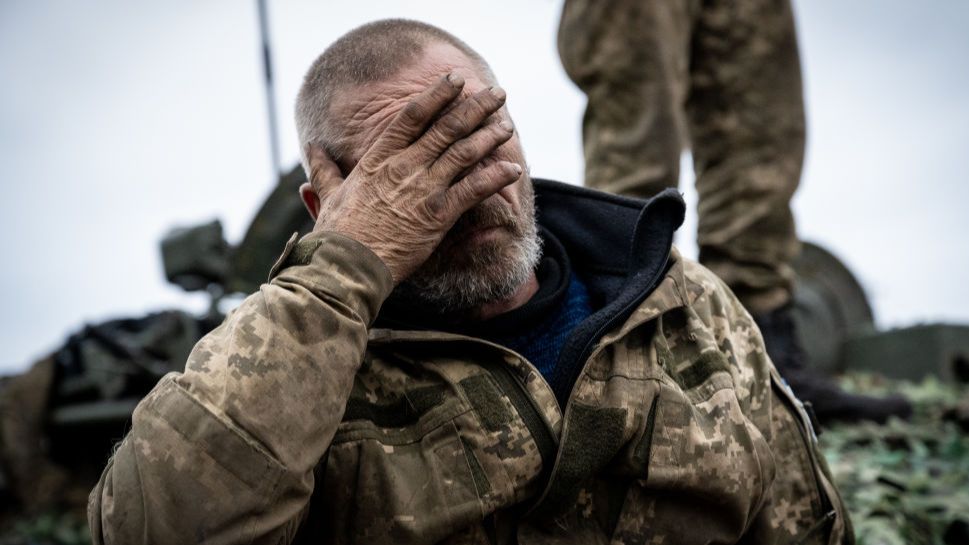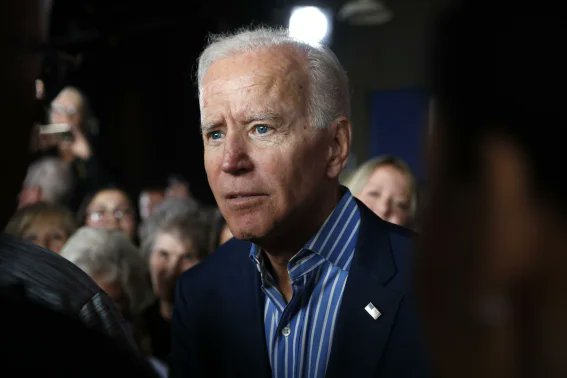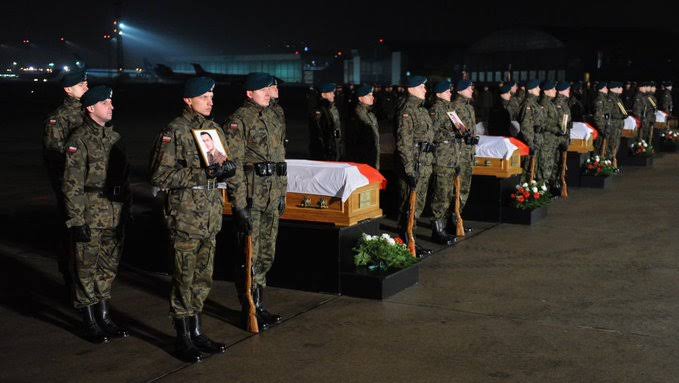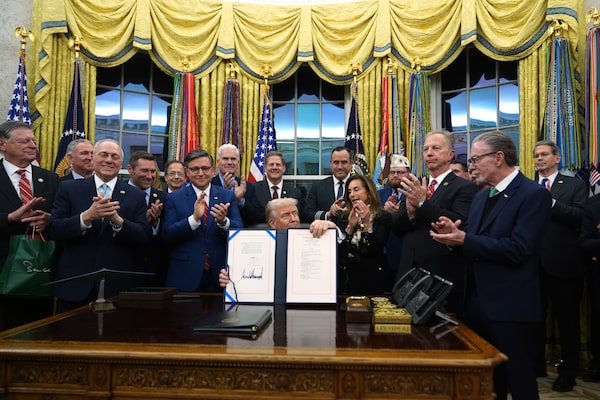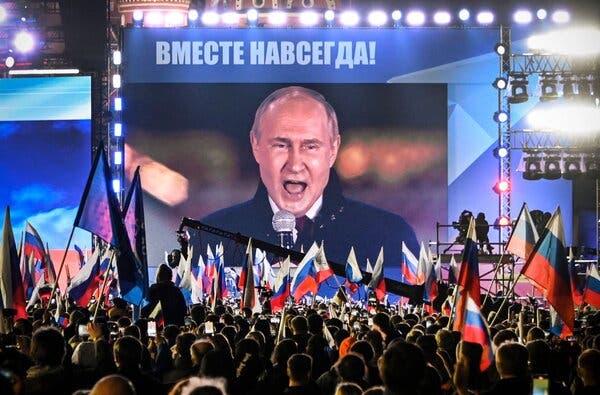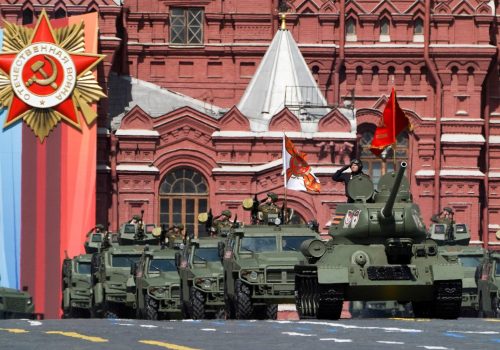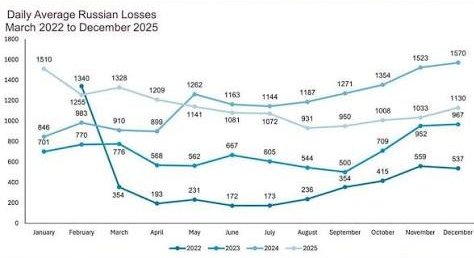🇦🇫THREAD:
The poisonous border between Afghanistan and Pakistan has been at the heart of the violence and conflict over the last 45 years, and before.
I'd go as far as to argue that without the "Durand Line", there would not have been a war in Afghanistan at all.
1/🧵
The poisonous border between Afghanistan and Pakistan has been at the heart of the violence and conflict over the last 45 years, and before.
I'd go as far as to argue that without the "Durand Line", there would not have been a war in Afghanistan at all.
1/🧵
https://twitter.com/natiqmalikzada/status/1591789090391076864
The so-called "Durand Line", named after the British civil servant who led the survey mission, was drawn up in the late 1890s as the boundary between British India and Afghanistan.
2/🧵
2/🧵

Durand's counterpart, the notoriously authoritarian Abdur Rahman Khan, was deeply skeptical of Durand's proposed boundary, and initially refused to sign the agreement.
3/🧵
3/🧵

But when the British cut off the weapons and money which they were providing Abdur Rahman to help him impose his control over Afghanistan so it could act as a buffer against Russian expansion towards British India, he gave into pressure and agreed to the Durand Line.
4/🧵
4/🧵

Controversially, the Durand Line left around half of the region's Pashtun population of the region on the British Indian - now Pakistani - side of the border. Pashtun nationalists in Afghanistan have argued ever since that these areas rightly belong to Afghanistan.
5/🧵
5/🧵

Importantly, the Durand line ignored traditional tribal boundaries, and created an artificial frontier for the many Pasthun nomadic tribes who moved back and forth between Afghanistan and British India through the seasons.
6/🧵
6/🧵

Politically, it was especially troublesome for the Pashtun rulers of Afghanistan, who saw Afghanistan as fundamentally rooted in ideas of Pashtun kingship going back to the empire created by Ahmad Shah Durrani.
7/🧵
7/🧵

This also ties in with complex and painful arguments about ethnicity and national identity in Afghanistan - and sometimes brutal, even genocidal, violence; (especially under Abdur Rahman). The last 45 years of war has exacerbated these issues, but I won't get into that here.
8/🧵
8/🧵

But critically, many of Afghanistan's most important leaders in the 20th century were Pashtun nationalists who firmly believed that being Pashtun meant that you by definition also were Afghan, and that their homelands too therefore ought to be part of Afghanistan.
9/🧵
9/🧵

However, as long as the British controlled India (including the bits that are now Pakistan), the Afghans were reluctant to press the issue. The British were far too powerful, and far too important economically due to the deep trade links between Afghanistan and India.
10/🧵
10/🧵

But this changed when the British left, and the partition of British India resulted in a brand new country next to Afghanistan: Pakistan. Many members of the Afghan elite (in particular Pashtun nationalists) saw this as an opportunity to "right the wrong" of the Duran line.
11/🧵
11/🧵

Initially, the Afghans proposed to the British that the Pashtun-majority provinces be given an additional choice to join Afghanistan (or become independent) in the upcoming referendums to determine whether they would be part of independent India or the new state of Pakistan
12/🧵
12/🧵

The British, however, were not interested. Perhaps understandably, as they were rapidly losing control of the increasingly chaotic transition process and the partition of India was turning into a bloodbath. The Afghan proposal was an unwelcome complication.
13/🧵
13/🧵

The Afghans, however, did not give up - and demanded control over the Pashtun (and in some cases Baluchi areas) of Pakistan, or the creation of a new independent state: "Pashtunistan" - presuming that such a state would eventually unify with the Kingdom of Afghanistan.
14/🧵
14/🧵

Afghanistan even voted against Pakistan's membership in the United Nations when it emerged as a new country after the partition of India in 1947, as they did not recognize Pakistan's sovereignty over its northern majority-Pashtun provinces.
(image from @AfghanHistorian)
15/🧵
(image from @AfghanHistorian)
15/🧵

In 1953, King Zahir of Afghanistan appointed his cousin Mohammed Daoud as prime minister. The ruthless and strong-willed Daoud was a staunch Pashtun nationalist, and made the border conflict with Pakistan over the so-called "Pashtunistan" one of his most important causes.
16/🧵
16/🧵

Believing the newly created nation of Pakistan was weak and might not even survive at all, Daoud took major risks in order to claim the Pashtun areas for Afghanistan, even infiltrating Afghan army soldiers dressed up as tribesmen into Pakistan to stir up Pashtun separatism.
17/🧵
17/🧵

However, Daoud's efforts backfired. While open war was avoided, Daoud's efforts failed to stir up a large-scale Pashtun-separatist revolt in Pakistan. In Bajaur in 1960-61, Daoud's infiltrated forces were defeated by the larger and more modern Pakistani military.
18/🧵
18/🧵

The conflict had serious economic consequences for Afghanistan. Like today, Afghanistan was heavily dependent on Pakistani ports like Karachi for access to world markets. When Pakistan closed its border with Afghanistan in 1955 and 1960-63, Afghan trade was heavily impacted
19/🧵
19/🧵

But Afghanistan's conflict with Pakistan was complicated by the Cold War. Because India had (loosely) aligned itself with the Soviet Union, this made India (and Afghanistan's) arch-enemy Pakistan America's ally in the region by default.
(image below from @quizzicalguy)
20/🧵
(image below from @quizzicalguy)
20/🧵

Bordering the Soviet Union, Afghanistan made several requests for the United States to provide modern arms and training for its military - on the grounds that it could act as a neutral-ish buffer a Soviet/Russian expansion, as it had done with British support before.
21/🧵
21/🧵

But the US would have none of it. They (probably correctly) assessed that any arms they provided to Afghanistan in the 1950s were more likely to be used in a conflict with America's ally Pakistan than against the Soviet Union.
(image from @USEmbassyKabul via @OmSamad)
22/🧵
(image from @USEmbassyKabul via @OmSamad)
22/🧵

Spurned by the Americans, prime minister Daoud made a radical decision - and went to the Soviet Union instead asking for support to modernize his military. The Soviet Union was happy to oblige - seeing it as an excellent opportunity to spread its influence in the region.
23/🧵
23/🧵

With Soviet support, from 1955 onwards Afghanistan's military was modernized and upgraded.
As part of that, thousands of young Afghan officers were sent to the USSR for training over the next two decades - many of them returning to Afghanistan as true-believing communists.
24/🧵
As part of that, thousands of young Afghan officers were sent to the USSR for training over the next two decades - many of them returning to Afghanistan as true-believing communists.
24/🧵

Daoud remained committed to a policy of non-alignment - famously saying he preferred to "light his American cigarettes with Soviet matches." But Afghanistan was drifting towards the USSR, which also provided huge support for Afghan infrastructure, industry, and education.
25/🧵
25/🧵

In 1963, however, King Zahir made Daoud resign - in part as a result of Daoud's obsession with the Pashtunistan issue and the problems caused by Afghanistan's deteriorating relationship with Pakistan.
26/🧵
26/🧵

Zahir was a lot less gung-ho about the border issue than Daoud, and Afghanistan's relationship with Pakistan normalized again. As a result, Afghanistan stayed out of Pakistan's 1965 and 1971 wars, refraining from using these events as opportunities to pursue "Pashtunistan"
27/🧵
27/🧵

Meanwhile, Zahir implemented a new democratic (or, depending on who you ask, a democratic-ish) constitution in Afghanistan - aiming to turn it into a modern constitutional democracy - similar to eg. the UK or the Scandinavian countries.
28/🧵
28/🧵
https://twitter.com/StephanAJensen/status/1580355456689930240?s=20&t=2sYNTU_Oqkypvo4W9wahTQ
The new constitution expressly forbade members of the royal family other than the king himself from participating in government. Daoud, the King's cousin, interpreted this as a move specifically targeted against him. And in 1973 took back power in a coup against Zahir.
29/🧵
29/🧵

Back in power, Daoud reignited the conflict with Pakistan, and gave permission for Baluchi separatists in Pakistan to set up training camps in Afghanistan. In a tit-for-tat, the Pakistanis set up links with Afghan Islamist rebels, giving them a safe haven in Peshawar.
29/🧵
29/🧵

Meanwhile, Daoud, was growing weary of Soviet influence - fearing the consequences of two decades worth of his officers having been trained in the Soviet Union, and worrying about the dangers of the Afghan communist movement. In April of 1978, he had their leaders arrested.
30/🧵
30/🧵

However, it was already too late. Spurred by the arrest of the communist leaders, the Communists in the Afghan army mounted a coup. Killing Daoud and his entire family, - their "April Revolution" kicked off nearly 45 years of war and violence in Afghanistan.
31/🧵
31/🧵

The communist government immediately went on a brutal spree of arrests and killings, attempting to purge Afghanistan of "counter-revolutionary" elements. The result was the exact opposite - the brutal oppression sparked huge resistance, and Afghanistan slid into civil war.
31/🧵
31/🧵

The Afghan communists' increasingly dire situation eventually resulted in the Soviet Union reluctantly intervening in 1979, in order to prop up their communist allies. Most Afghans (justifiably) saw it as an invasion, creating huge support for the anti-communist resistance.
31/🧵
31/🧵

The Soviet intervention in Afghanistan also massively alarmed both Pakistan and the Americans. Pakistan saw itself as surrounded by India and it's pseudo-ally the USSR, and feared a further invasion to give the Soviet Union a "warm water port".
32/🧵
32/🧵

In response, the Pakistanis offered to funnel US arms and other support to the Afghan resistance - the Mujahedeen - and provide them with bases in Pakistan. The porous border areas of the "Durand Line" with Pashtun Tribes on both sides were ideally suited for this purpose.
33/🧵
33/🧵

The war turned out badly for the Soviets, who spent ten years in Afghanistan before withdrawing in 1989. But despite the Afghan "victory", the country was utterly destroyed by the war. Roughly *half* of Afghanistan's 1979 population was killed, wounded, or became refugees.
33/🧵
33/🧵

After the Soviet withdrawal, the border issue with Pakistan again loomed large. Pakistan, determined to assert its influence over Afghanistan in order to prevent India from getting an ally in its rear, backed Pakistan-friendly Islamist proxies in the civil war that followed
35/🧵
35/🧵

The civil war brought further destruction and suffering to Afghanistan. And while Pakistan's initial proxy Gulbuddin Hekmatyar initially was unsuccessful, Pakistan found a new force to support in the Taliban, who emerged from the chaos of the civil war in the early 1990s.
36/🧵
36/🧵

The cross-border connection was critical for the Taliban in the 1990s. Not only were they provided with funding and weapons from Pakistan, but also thousands of recruits - orphaned Afghan refugee boys who had been raised in extremists madrassas in the Pakistani borderlands.
37/🧵
37/🧵

With Pakistani support, the Taliban took control over most (but not all) of Afghanistan in the 1990s, until they were ousted by the US intervention in 2001. Again, the borderlands were critical, as important parts of the Taliban leadership fled to Pakistan for a safe haven.
38/🧵
38/🧵

While the West thought the war was over after 2001, the Taliban were regaining their strength across the Durand Line - after a few years once again with covert Pakistani support. Without this, the Taliban would not have been able to return and re-start the war in 05-06
39/🧵
39/🧵

Again, Pakistan's support for the Taliban relied on a belief that it was critical to their overall security situation - especially vis-a-vis India - that their "proxy" win in Afghanistan. The West was slow to catch on, and also (again) relied on Pakistani supply routes.
40/🧵
40/🧵

Nevertheless, even the main target of the US intervention - Osama bin Lade - was hiding in Pakistan. And had been able to flee there because of the way the Durand Line goes through some of the region's the most difficult-to-control mountainous terrain.
41/🧵
41/🧵

In the end, Pakistan was more patient in their (covert) support for the Taliban than the US was in their support for the Islamic Republic of Afghanistan - with critical consequences for the final defeat of Ghani's government at the hands of the Pakistani-supported Taliban.
42/🧵
42/🧵

The reasons for Pakistan's unyielding support for the Taliban again goes back to issues related to the Durand Line - the Pakistani security establishment is still terrified of an India-allied Afghanistan at their back, waiting for the opportunity to re-draw the border.
43/🧵
43/🧵

But even with Pakistan's proxy now in power in Kabul, the Afghan-Pakistani border conflict has not been solved. And the ghost of the British border surveyor continues to claim victims on both sides of the boundary that bears his name.
End/🧵
wionews.com/south-asia/pak…
End/🧵
wionews.com/south-asia/pak…
• • •
Missing some Tweet in this thread? You can try to
force a refresh


